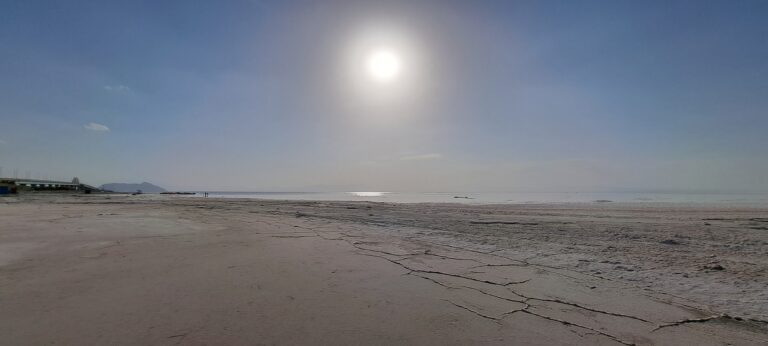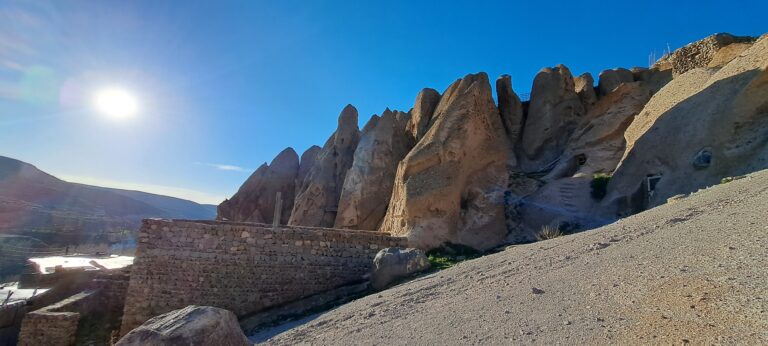Kahnemu/Kahnemoo/Kahnamu is another Iranian village in West Azerbaijan. Like other villages and cities in this county, people speak Turkish, however, they all know Persian as their second language. Kahnemu is not really famous, however, it should have been, since one of the most important and influential Qajar Kings, Nasiruddin Shah, was born here. The government is reluctant to popularize this area and make it a touristic place due to the animosity it has with all the kings and kingdoms before its era. But modern thoughts, and wish for human right and woman, life, and freedom has reached this village. Watch the video and listen to the talks we had with the women of this village.
The village is located on the eastern shore of Lake Urmia, the largest lake in the Middle East and the sixth-largest saltwater lake on Earth. The name Kahnemu means “old water” in Kurdish, reflecting the ancient history and culture of the region.
Kahnemu is one of the many villages that are affected by the drying of Lake Urmia, which has been shrinking since the 1970s due to climate change, water diversion, and mismanagement. The lake’s water level has dropped by more than 80% in the past four decades, exposing salt flats and creating environmental and social problems for the local people. The loss of water has reduced the lake’s biodiversity, increased salinity and dust storms, threatened agriculture and tourism, and caused health issues such as respiratory diseases and skin disorders.
Also see Kandovan, Hilevar, and the Bazaar of Tabriz.
To visit Iranian people and learn about their culture and nature follow THIS LINK.
To learn Persian grammar, here you can find lessons on Persian Grammar.
Are you interested in learning Persian with music, HERE is where you can find many slow Persian songs with their lyrics.
Practice Dubbing the characters in Persian series HERE.
Listen to famous speeches from Iranian political figures, and learn about their mindset and a little bit of history through their talk HERE.
Listen to Persian podcasts in simple Persian HERE

